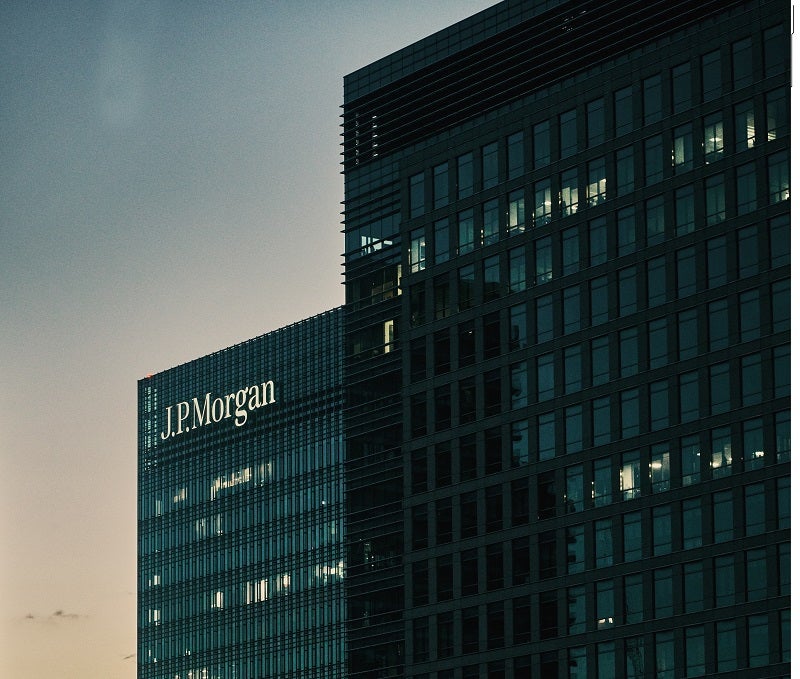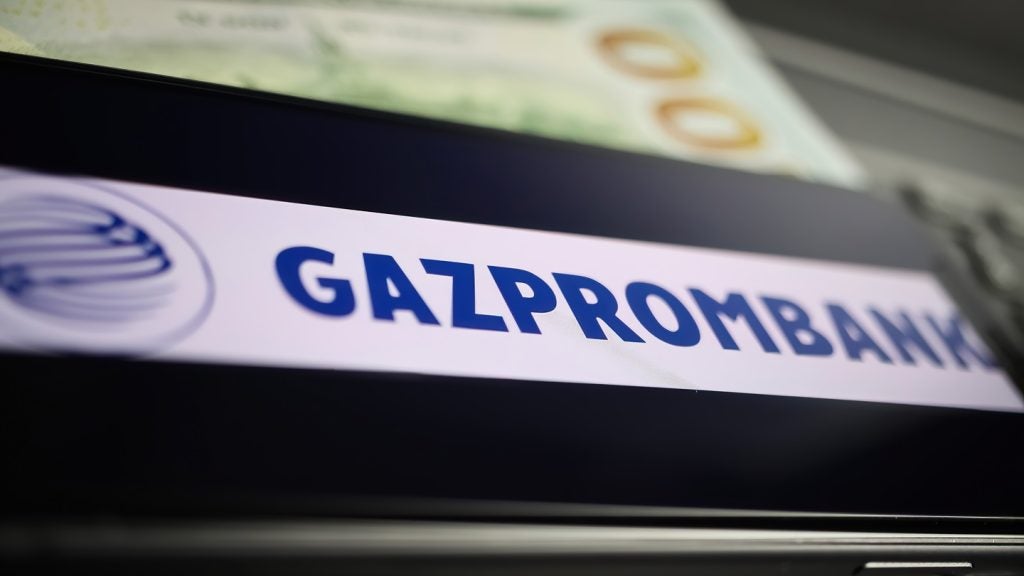
American banking major JP Morgan Chase figures as the most systemically important bank in the world, according to the latest rankings from G20’s Financial Stability Board (FSB).
The FSB commenced the annual rankings following the global financial crisis more than ten years ago, requiring the banks to hold an additional buffer of capital.
Calibrated across five ‘buckets’, the banks undergo tougher scrutiny of operations.
Under the 2022 list of globally systemically important banks (G-SIBs), JP Morgan Chase remained in bucket 2, with none figuring in the top category with most capital requirements.
The FSB said: “The 30 banks on the list remain the same as the 2021 list. Within the list, one bank has moved to a higher bucket – Bank of America has moved from bucket 2 to bucket 3.”
Bank of America has joined Citigroup and HSBC in bucket 3.
How well do you really know your competitors?
Access the most comprehensive Company Profiles on the market, powered by GlobalData. Save hours of research. Gain competitive edge.

Thank you!
Your download email will arrive shortly
Not ready to buy yet? Download a free sample
We are confident about the unique quality of our Company Profiles. However, we want you to make the most beneficial decision for your business, so we offer a free sample that you can download by submitting the below form
By GlobalDataThis year, China Construction Bank and BNP Paribas have come down to fifth bucket from 2021 list.
The changes with regard to capital requirements become effective from 1 January 2024, reported Reuters.
During the calibration of rankings this year involving banks in Europe, cross-border exposures of the banking union within the European Union have been recognised, the FSB stated.
In May, Financial Times reported that JP Morgan Chase is staring at losses of over $1bn from its international retail bank in the next few years.
JPMorgan international consumer business head Sanoke Viswanathan had said that Chase is expected to break even by 2027 or 2028.







